Hydrogen Peroxide For Skin: Benefits And How To Use It
This chemical found in your cleaning liquids can work wonders for your skin—only if you know how.
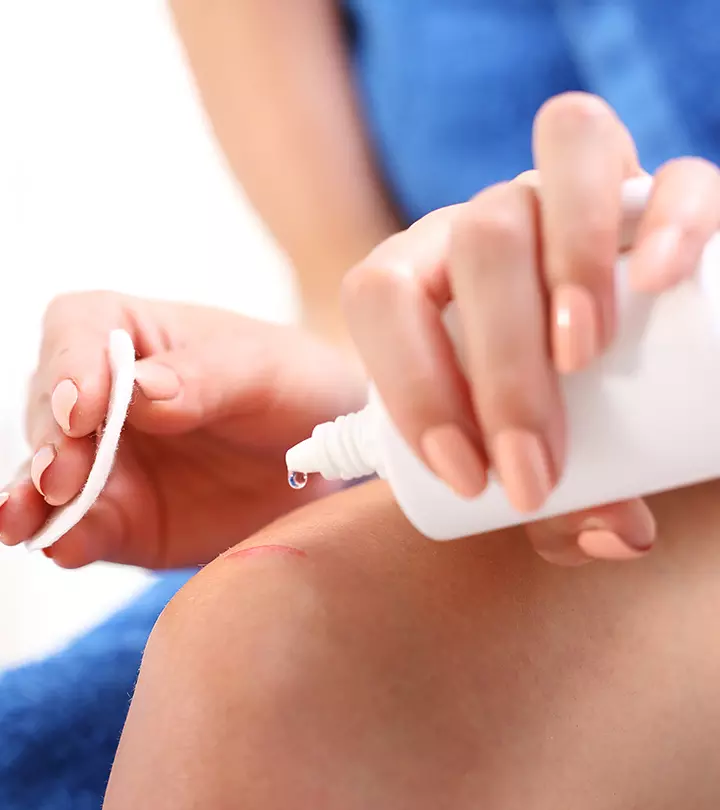
Image: Shutterstock
The use of hydrogen peroxide for skin is gaining traction – thanks to its strong antimicrobial and germicidal properties. Its cleansing and disinfectant properties make it an effective ingredient for skin care products.
But did you know that most of your home-cleaning products also contain this chemical? Yes, you heard that right! So, what happens if you apply skin care products containing hydrogen peroxide? In this article, we will explore the benefits and risks of this ingredient and the various ways to use it. Dive in!
 Know Your Ingredient: Hydrogen Peroxide
Know Your Ingredient: Hydrogen PeroxideWhat Is It?
A pale blue chemical compound used as an antiseptic, bleaching, and oxidizing agent.
What Are Its Benefits?
Treats minor cuts and burns, lightens blemishes, and eliminates acne-causing bacteria.
Who Can Use It?
Generally safe for adults in diluted, low doses.
How Often
Apply it 1-3 times on the affected area daily or as instructed by a doctor.
Caution
Undiluted hydrogen peroxide mist can pose extreme health risks like asphyxiation. It may irritate the skin, nose, and throat, and cause damage to the eyes.
In This Article
What Is Hydrogen Peroxide?
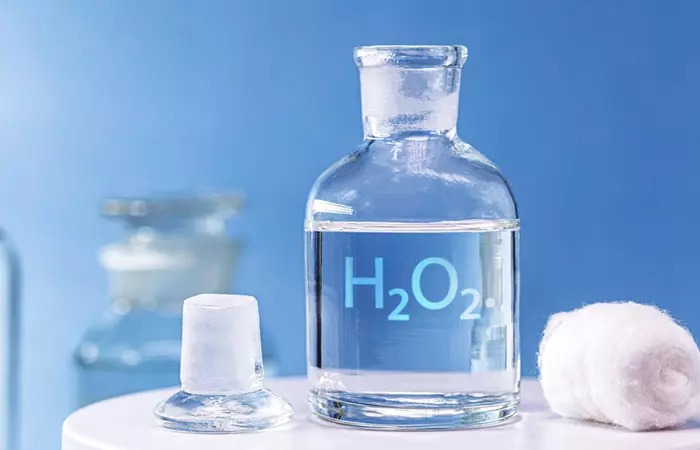
Hydrogen peroxide is a colorless liquid used in a wide range of products, including hair dyes, toothpaste, mouthwashes, bathroom cleaners, and stain removers. It is made of two hydrogen atoms and two oxygen atoms. At room temperature, hydrogen peroxide is a stable liquid. It turns brown upon exposure to sun, and hence is always stored in a brown plastic bottle.
Hydrogen peroxide liquid foams or bubbles and breaks down into hydrogen and oxygen. This reaction allows hydrogen peroxide to repair damaged skin cells when applied to a wound. Hydrogen peroxide also has antiseptic effects. In some cases, it prevents the multiplication of bacteria (bacteriostatic effects) and keeps the infection from spreading. Hydrogen peroxide may also have similar effects on certain fungal species that may cause infections.

 Trivia
Trivia Did You Know?
Did You Know?Key Takeaways
- Hydrogen peroxide helps repair damaged skin cells and prevents infection.
- You should not use hydrogen peroxide more than 2 to 4 times a day.
- You can add 1 tablespoon of baking soda to hydrogen peroxide and apply this mixture with a cotton ball.
- In some cases, applying hydrogen peroxide may cause skin irritation and redness. So, practice caution.
Benefits Of Using Hydrogen Peroxide For Skin
While hydrogen peroxide may seem to cause a stinging sensation on the skin, it also offers certain advantages.
The topical application of 1% to 45% hydrogen peroxide may offer a few benefits (1):
Acts As An Antiseptic
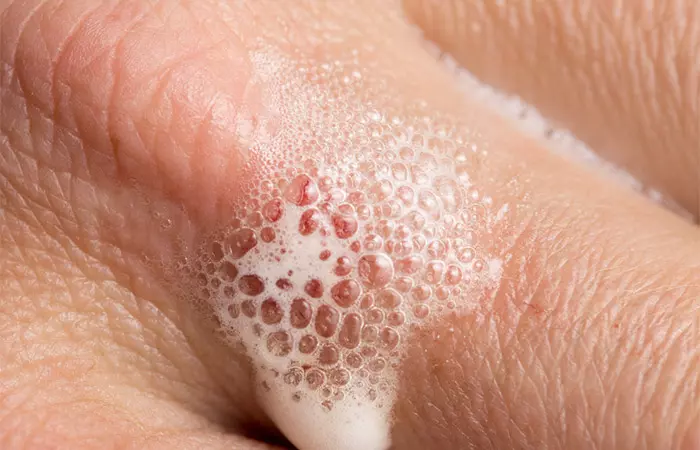
Hydrogen peroxide is commonly used as an antiseptic. Concentrations between 1% to 6% of hydrogen peroxide have antimicrobial properties and can be used to debride wounds (1).
Acts As An Effective Disinfectant
Staphylococcus aureus and Pseudomonas aeruginosa are common pathogenic microorganisms. The graph below shows results from a study conducted to establish the disinfectant property of hydrogen peroxide. As it indicates, the relative number of living microorganisms reduced by hydrogen peroxide disinfection is greater than that by quaternary ammonium disinfectants.

Disinfecting Property Of Hydrogen Peroxide
Source: Hydrogen peroxide and sodium hypochlorite disinfectants are more effective against Staphylococcus aureus and Pseudomonas aeruginosa biofilms than quaternary ammonium compoundsHydrogen peroxide is used in cleaning wounds because it can kill certain types of bacteria and fungal spores. It works as an effective disinfectant (2).
May Lighten Skin Tone
Hydrogen peroxide is a bleaching agent used for hair lightening as well as on teeth and skin. It helps cause de-pigmentation. Hydrogen peroxide may lighten the skin and reduce acne scars and blemishes when used on the skin in recommended concentrations. However, more research is warranted to further understand this phenomenon.
May Help Treat Acne
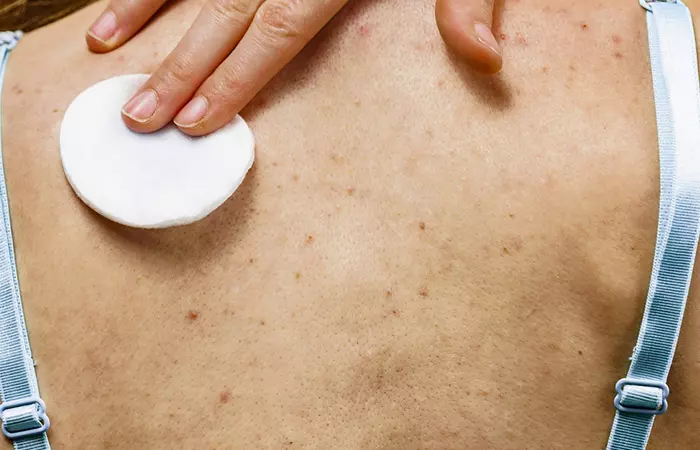
Using hydrogen peroxide for acne in scientific trials has shown positive results. Even in concentrations as little as 1%, it is said to have similar efficacy as that of benzoyl peroxide (3). Hydrogen peroxide kills bacteria and prevents their multiplication, and may help clear the infection around acne lesions.
Another combination of 4% hydrogen peroxide, 0.5% salicylic acid, and 4% D-panthenol (into a gel) was shown to be remarkably effective in treating mild to moderate acne vulgaris (4).
May Treat Seborrheic Keratoses (Non-Cancerous)
Research suggests that a 40% concentration of hydrogen peroxide may help treat seborrheic keratoses (a non-cancerous growth on the skin) (5). This procedure is said to cause lesser pigment changes to the skin as compared tocryotherapyi A freezing technique, also known as cryoablation, used to destroy abnormal cells to treat skin conditions and some cancers. .
A study analyzed data on 937 patients with seborrheic keratoses in order to evaluate the safety of 40% hydrogen peroxide topical solution as a treatment. The keratoses were graded using Physician’s Lesion Assessment scale (a point scoring system to assess disease severity), with 0 standing for clear. At day 106, a significant number of patients treated with HP40 achieved a score of 0, indicating the solution was effective. However, the optimal number of treatment sessions was not evaluated.
May Help Manage Skin Fungus
Hydrogen peroxide may be used for managing fungal infections. Its oxidizing properties make it effective in killing fungi and preventing them from spreading. The study involving people with diabetes and compromised immune systems found that using topical hydrogen peroxide soaks on the affected areas may help improve the symptoms of mucormycosis, a fungal infection (6). When applied topically, it may also help cleanse the affected area and eliminate fungal overgrowth, potentially reducing itching and inflammation. However, hydrogen peroxide should be used with caution as it can cause skin irritation and may not be suitable for all types of fungal infections. Always dilute it before using it to minimize the risk of skin damage.
However, ensure you do not use hydrogen peroxide more than 2 to 4 times per day to prevent skin damage.
These are the few important advantages of hydrogen peroxide for skin. But how can you make use of it?
How To Use Hydrogen Peroxide For Skin?
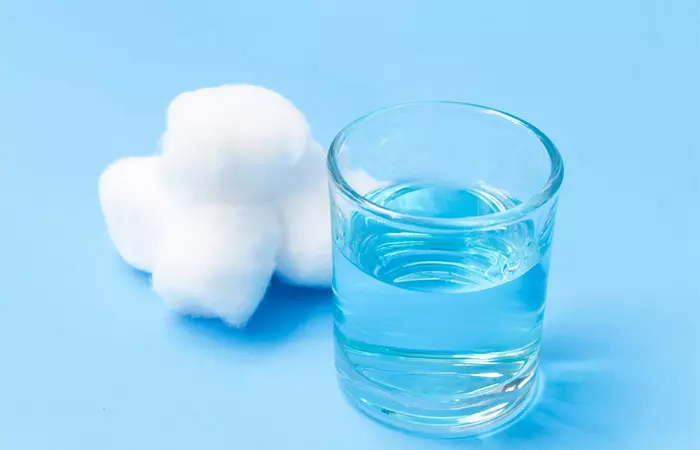
You should always consult with your doctor or dermatologist before trying hydrogen peroxide for your skin. Remember to always dilute it before application. Ensure you purchase hydrogen peroxide in the required concentrations. The permissible concentration of hydrogen peroxide available varies in all countries.
For Skin Lightening
You can dilute hydrogen peroxide with the required amount of water. For example, to achieve a concentration of 3% hydrogen peroxide, you can combine 3 tablespoons of water with 1 tablespoon of hydrogen peroxide. Mix well and use a cotton ball to apply the mixture to your face as a thin layer. Keep away from your eyes, eyebrows, and hairline to avoid bleaching. Let it sit for 5 minutes before washing it off. Pat your face dry and follow it up with an oil-free moisturizer to keep your skin from drying out.
Other ways to use hydrogen peroxide include:
- Clean and dry your face. Add 1 tablespoon of baking soda to 1 tablespoon of hydrogen peroxide and mix. Apply this mixture to your face using a cotton ball without touching your eye area, eyebrows, or hairline. Leave it on for 5 minutes and rinse your face with cold water. Pat your face dry and apply a gentle moisturizer. You can apply this combination to your face once a week.
- Combine 1 tablespoon of aloe vera and 1 to 2 teaspoons of hydrogen peroxide. Mix and apply this mixture to your clean and dry face using a cotton ball. Leave it on for five minutes and rinse it well with cold water. Aloe vera soothes the skin while hydrogen peroxide helps disinfect it. You can use this combination once a week.
- Combine 5 teaspoons of 3% concentration of hydrogen peroxide with 3 powdered aspirin tablets. Mix well and apply the mixture to your face using a cotton ball or pad. Leave it on for five minutes and rinse thoroughly. Pat your face dry and follow up with a gentle moisturizer. Aspirin, when used topically, may offer anti-inflammatory benefits (7).
Hydrogen peroxide does have its advantages when used on skin. However, it also may cause some adverse effects.
 Quick Tip
Quick TipSide Effects Of Using Hydrogen Peroxide For Skin
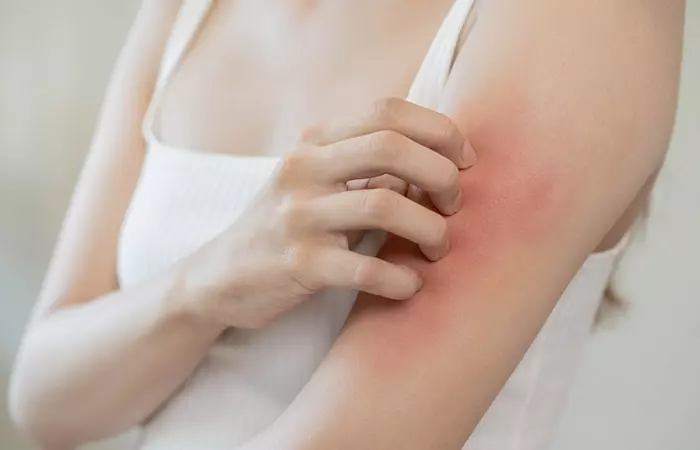
The most common side effects of hydrogen peroxide on skin include skin irritation and redness at the site of application. Following are a few other adverse effects as per anecdotal evidence.
- Higher concentrations of hydrogen peroxide may cause skin burns, blisters, and swelling.
Improper use of hydrogen peroxide may cause skin loosening and peeling. - Hydrogen peroxide may also cause itching, pain, rashes, and a stinging sensation in the area of application.
- Despite hydrogen peroxide’s effectiveness on cuts and wounds, dermatologists do not recommend using it on open wounds. The chemical may also kill healthy cells around the wound along with the harmful bacteria and fungi. It may kill fibroblast cells (a type of connective tissue) essential for wound healing (8). This may delay the wound healing process.
- Hydrogen peroxide, upon ingestion or inhalation, may create oxygen bubbles that can block blood flow and cause embolisms (obstruction of arteries) (9), (10). An embolism could be fatal (11).
- Another risk of using hydrogen peroxide on the skin is a serious allergic reaction to the chemical. This risk increases when higher concentrations of undiluted hydrogen peroxide are used on the skin. Exposure to lower concentrations of hydrogen peroxide causes only transient symptoms like blanching and blistering, whereas exposure to higher concentrations (like 9% to 45%) may lead to epidermal necrolysisi A severe skin condition triggered by certain medications, leaving large, raw patches of blistered skin prone to infection. , erythemai Redness of the skin caused by irritants like sunlight or medications, which cause the capillaries to become congested. , and bullae formationi Formation of lesions or blisters filled with fluid or a milky liquid if infected or blood if caused by trauma. . However, more information is warranted in this regard.
Some less common side effects of hydrogen peroxide on skin include:
- Cracking or scarring of skin
- Thinning, weakness, or wasting away of skin
Some other rare side effects include:
- Swelling of eyelids
- Painful blisters over the body
Certain minor side effects usually subside by themselves and do not require medical attention. If you plan to use hydrogen peroxide on your skin, consult your healthcare provider prior and understand the precautions to be taken. It may be a good idea to consult with your doctor if any of the following side effects persist:
- Darkening of skin in the area of application
- Dryness or peeling of skin
- Crusting of skin
- Abnormal lightening of skin
- Lightening of normal skin color
Benitshi, a YouTuber, shared her experience about using hydrogen peroxide for her skin in her blog. She noticed that using the hydrogen peroxide wasn’t helping with pimples even though it was calming the inflammation. She said, “After three weeks of using hydrogen peroxide every night, I literally just started to like notice that my skin was starting to become uneven (i).”
If you experience any other abnormal symptoms, stop use and consult with your dermatologist immediately.
There is very little information about the long-term effects of using hydrogen peroxide on skin. Research is underway to determine if topical hydrogen peroxide application may increase cancer risk or affect the reproductive system in any way. Speak to your doctor for more details.
Precautions To Take When Using Hydrogen Peroxide On Skin
- Avoid hydrogen-peroxide-based mixtures from entering your eyes. If you accidentally get hydrogen peroxide into your eyes, thoroughly wash them with cold, running water for at least 20 minutes, and immediately visit a doctor.
- If the application of hydrogen peroxide causes your skin to itch or sting, wash your skin with lots of water. Follow this by applying an emollient to relieve your symptoms and allow the skin to heal. You can also wash the area with soap and seek immediate medical counsel.
- A lot of care must be taken when storing hydrogen peroxide at home. You must always keep it in a tightly closed, air-tight container and away from sources of heat, moisture, and ignition.
- Keep hydrogen peroxide away from materials it is incompatible with, including metals, acids, alkali compounds, combustible materials, oxidizing agents, and other organic materials.
- Hydrogen peroxide or its products must not be used on children. Always keep hydrogen peroxide at home away from the reach of children.
- There is not enough data to suggest the safety of hydrogen peroxide in older individuals. Always consult with your dermatologist or doctor before using it for senior citizens.
- There is insufficient data regarding the side effects of topical application of hydrogen peroxide in pregnant or breastfeeding women. Consult with your doctor prior to use.
- Always ensure the medications you are taking do not interfere with topically applied hydrogen peroxide. Speak to your doctor regarding the same.
While hydrogen peroxide has its own benefits, there are certain risks involved as well. So, it is better to consider some safer options, too. Let’s learn about these alternatives in the section below!
Alternatives To Hydrogen Peroxide
Here are some of the top alternatives to hydrogen peroxide that offer equally good results and are gentle on the skin:
- Tea Tree Oil
Known for its antibacterial properties, tea tree oil can reduce acne-causing bacteria and soothe inflammation, thereby combating acne breakouts (12). Always remember to dilute it before topical application.
- Witch Hazel
It acts as a natural astringent to control oil and reduce redness. Its anti-inflammatory properties further help minimize acne breakouts without over-drying the skin (13).
- Apple Cider Vinegar
Apple cider vinegar contains acetic acid (14). It is widely used in home remedies and according to anecdotal evidence, it may help fade dark spots and hyperpigmentation. However, remember that ACV might irritate the skin. Therefore, it’s important to limit its usage and never apply undiluted ACV to the skin.
Infographic: How To Reduce Blackheads With Hydrogen Peroxide
Diluted hydrogen peroxide can be an amazing disinfectant. It shows good cleansing action that may help address many skin issues like breakouts, blackheads, and even deal with infections.
Check out the infographic below for a step-by-step guide on using this beneficial chemical and other natural, easy-to-find kitchen ingredients to eliminate blackheads.
Some thing wrong with infographic shortcode. please verify shortcode syntax
Hydrogen peroxide’s antimicrobial and germicidal properties have made it an important ingredient in several skin care and beauty products. Though it is mainly used as a disinfectant in household cleaning, you can also use hydrogen peroxide for skin care troubles. It may help heal wounds, lighten skin tone, reduce acne scars, and treat mild to moderate acne. You can also use hydrogen peroxide to remove blackheads by adding it to your homemade scrub mix. However, it may not react the same way to everyone. There are chances of allergic reactions like irritation, blisters, and burns. It is best to consult your doctor before incorporating it into your skin care routine.
Frequently Asked Questions
Does hydrogen peroxide exfoliate skin?
Hydrogen peroxide is well-known for its ability to exfoliate your skin and eliminate dead skin cells to unveil the newer, fresher skin underneath. Additionally, it dries up the extra oil on the skin, which aids in acne treatment. However, further research is needed to prove the same.
Can I leave hydrogen peroxide on my face overnight?
It is better to avoid leaving hydrogen peroxide on your face overnight because it may cause your skin to become dry and irritated. Therefore, seek medical advice before including it in your skin care routine.
Is hydrogen peroxide good for ringworm?
Hydrogen peroxide possesses antibacterial, fungicidal, and sporicidal effects (15). These characteristics may aid in disinfecting the affected region and stopping the spread of infection. With consistent use, hydrogen peroxide may assist in eliminating ringworm. The duration of treatment may change depending on the severity of the condition.
Illustration: Hydrogen Peroxide For Skin: Benefits And How To Use It
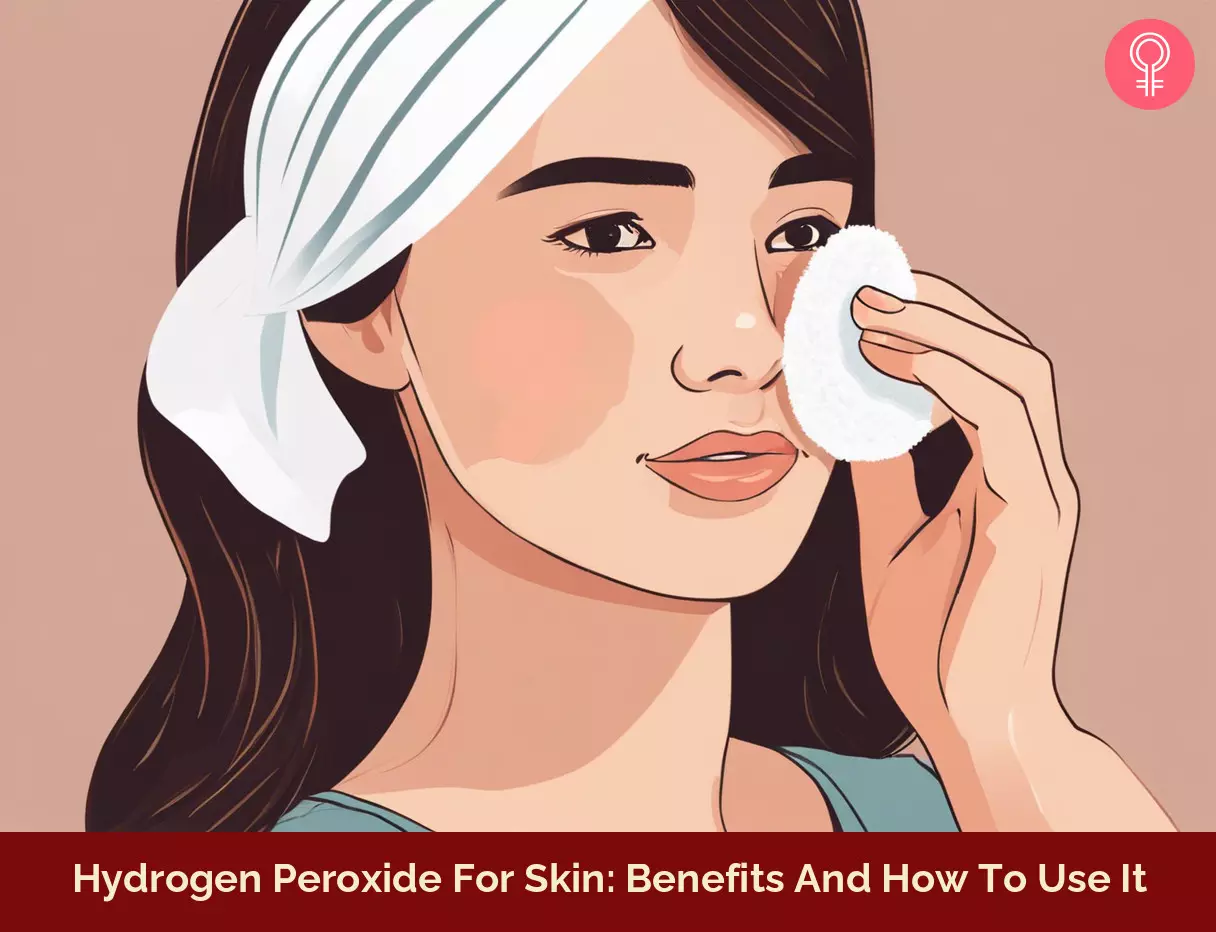
Image: Stable Diffusion/StyleCraze Design Team
Discover 7 surprising uses for hydrogen peroxide to help your body. From cleaning wounds to whitening teeth, you won’t want to miss this! Scroll down to watch the video.
Personal Experience: Source
StyleCraze's articles are interwoven with authentic personal narratives that provide depth and resonance to our content. Below are the sources of the personal accounts referenced in this article.
i. Hydrogen Peroxide Made My Skin WORSE??? | #roadto1k | 🇨🇩🇿🇦🇺🇸https://www.youtube.com/watch?v=llejG4_i3DE
References
Articles on StyleCraze are backed by verified information from peer-reviewed and academic research papers, reputed organizations, research institutions, and medical associations to ensure accuracy and relevance. Read our editorial policy to learn more.
- Hydrogen peroxide and cutaneous biology: Translational applications benefits and risks
https://pubmed.ncbi.nlm.nih.gov/31103570/ - Hydrogen Peroxide: A Potential Wound Therapeutic Target?
https://www.ncbi.nlm.nih.gov/pmc/articles/PMC5768111/ - Results of a Multicenter Randomized Controlled Trial of a Hydrogen Peroxide-based Kit versus a Benzoyl Peroxide-based Kit in Mild-to-moderate Acne
https://www.ncbi.nlm.nih.gov/pmc/articles/PMC5104312/ - Combination therapy with hydrogen peroxide (4%) salicylic acid (0.5%) and D-panthenol (4%): efficacy and skin tolerability in common acne vulgaris during the sun exposure period
https://pubmed.ncbi.nlm.nih.gov/26875890/ - Safety and efficacy of hydrogen peroxide topical solution 40% (w/w)in patients with seborrheic keratoses: Results from 2 identical randomized double-blind placebo-controlled phase 3 studies (A-101-SEBK-301/302)
https://pubmed.ncbi.nlm.nih.gov/29864467/ - Mucormycosis. Adjunctive therapy with hydrogen peroxide
https://pubmed.ncbi.nlm.nih.gov/8810881/ - Aspirin in dermatology: Revisited
https://www.ncbi.nlm.nih.gov/pmc/articles/PMC4693360/ - Response of a primary human fibroblast cell line to H2O2: senescence-like growth arrest or apoptosis?
https://pubmed.ncbi.nlm.nih.gov/9149910/ - Medical Management Guidelines for Hydrogen Peroxide
https://wwwn.cdc.gov/TSP/MMG/MMGDetails.aspx?mmgid=304&toxid=55 - Extra Oxygen Leads to Bubble Trouble: Portal Vein Gas Embolism from 3% Hydrogen Peroxide Ingestion
https://www.ncbi.nlm.nih.gov/pmc/articles/PMC5878092/ - Hydrogen peroxide: a source of lethal oxygen embolism. Case report and review of the literature
https://pubmed.ncbi.nlm.nih.gov/8166115/ - Tea Tree Oil: Properties and the Therapeutic Approach to Acne—A Review
https://pmc.ncbi.nlm.nih.gov/articles/PMC10295805/ - Anti-Inflammatory and Anti-Acne Effects of Hamamelis virginiana Bark in Human Keratinocytes
https://pmc.ncbi.nlm.nih.gov/articles/PMC9220085/ - Acetic Acid Supplementation: Effect on Resting and Exercise Energy Expenditure and Substrate Utilization
https://pmc.ncbi.nlm.nih.gov/articles/PMC10675503/ - The bactericidal fungicidal and sporicidal properties of hydrogen peroxide and peracetic acid
https://pubmed.ncbi.nlm.nih.gov/6409877/
Read full bio of Dr. CP Thajudheen
Read full bio of Arshiya Syeda
Read full bio of Ramona Sinha
Read full bio of Shiboli Chakraborti







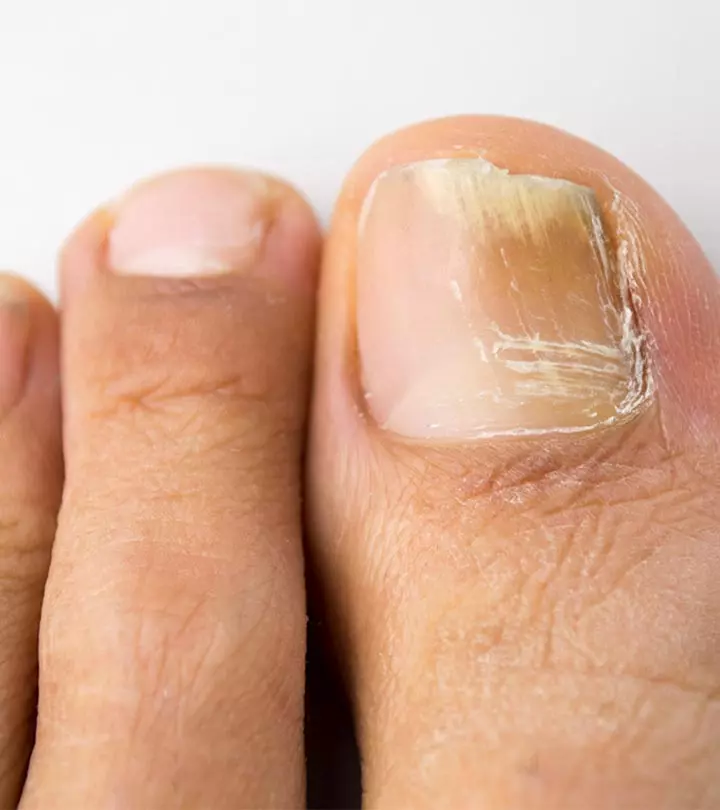
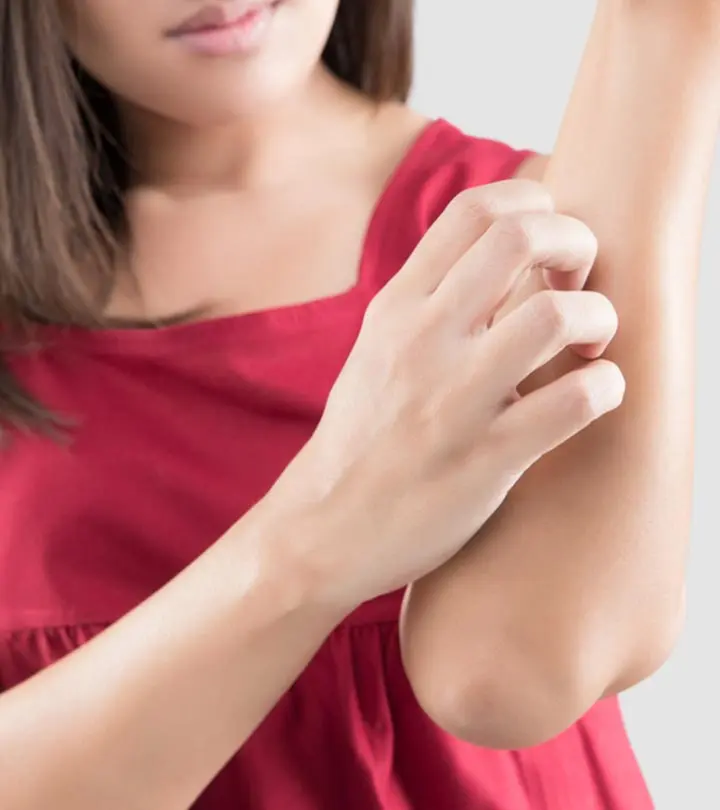
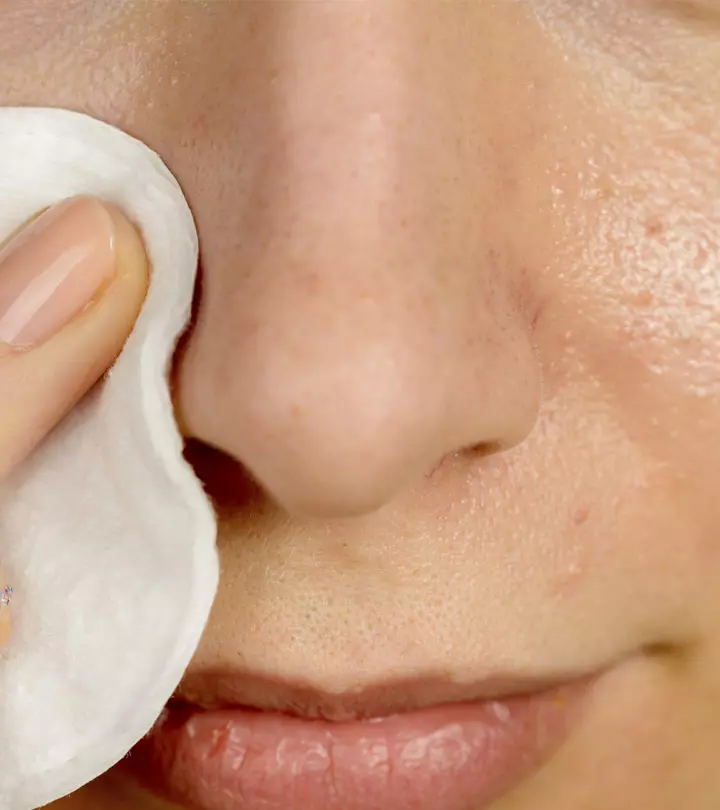

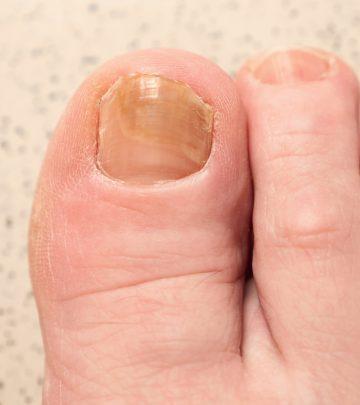
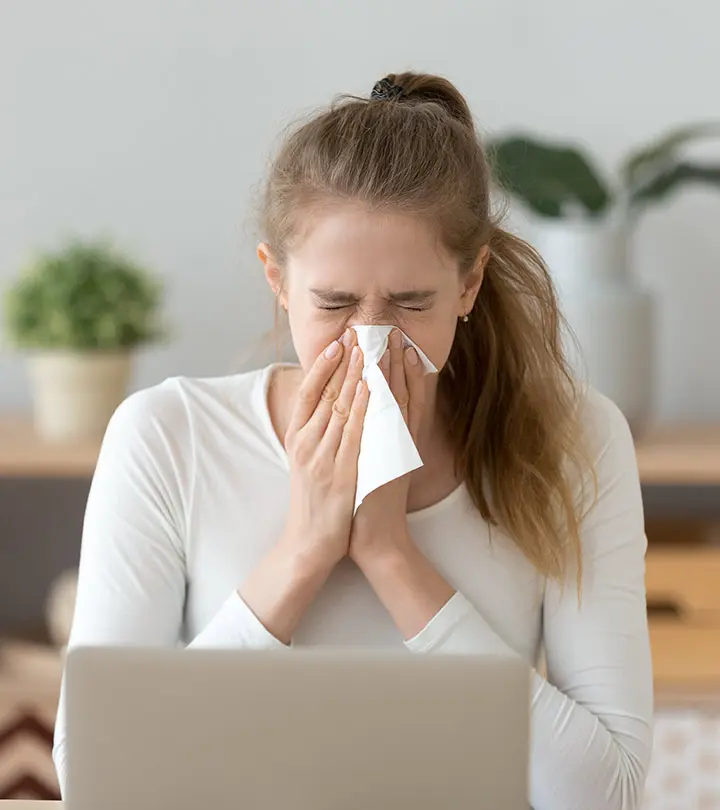
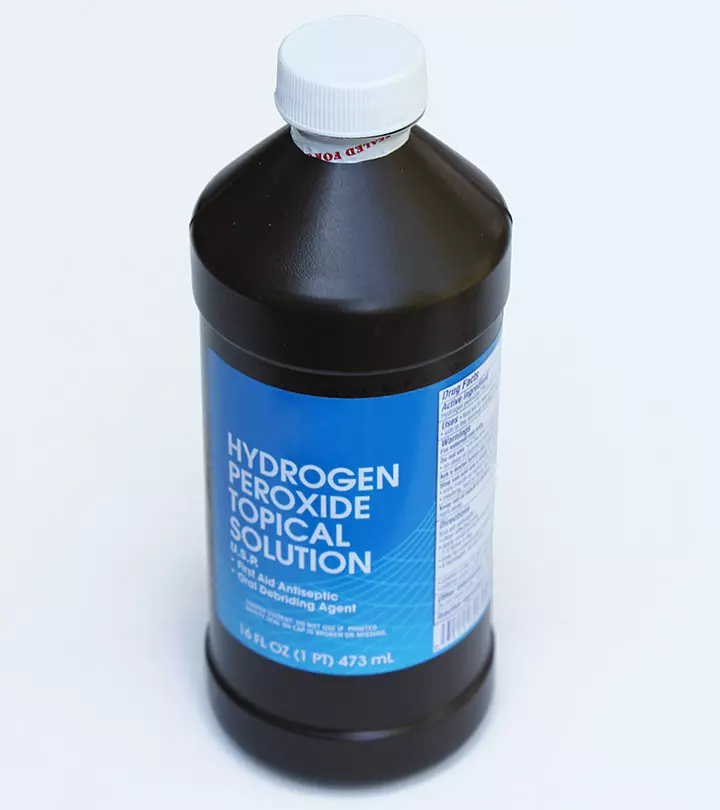
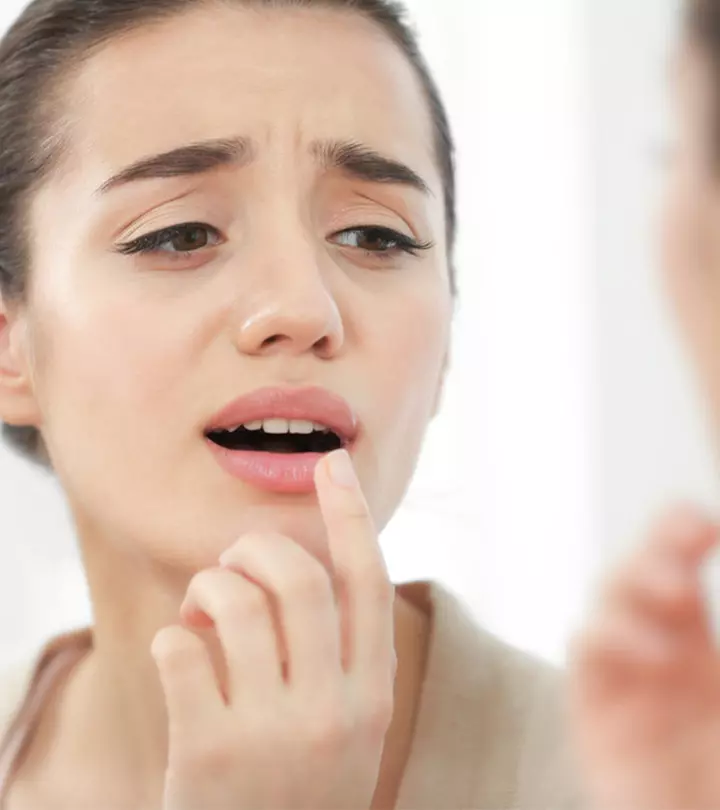

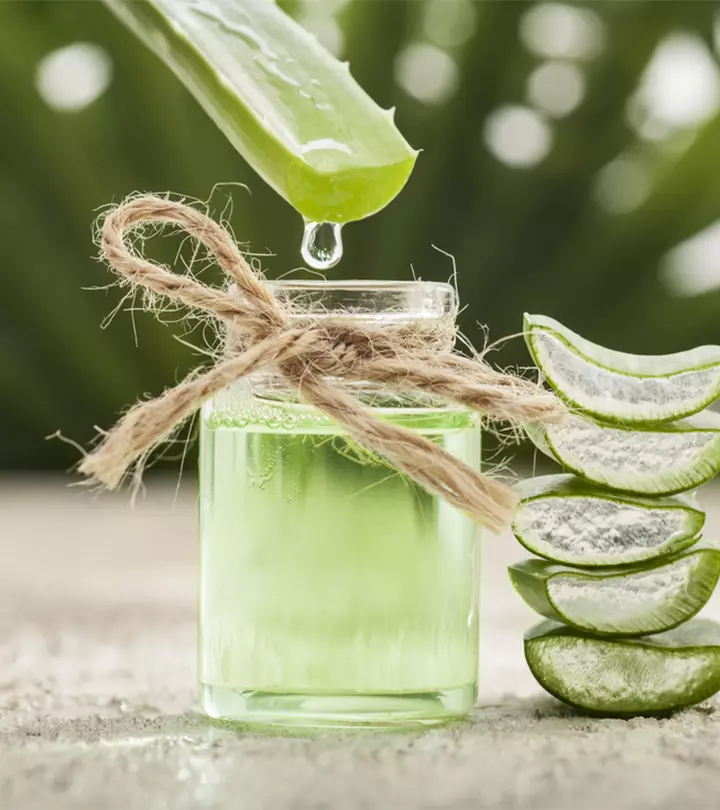
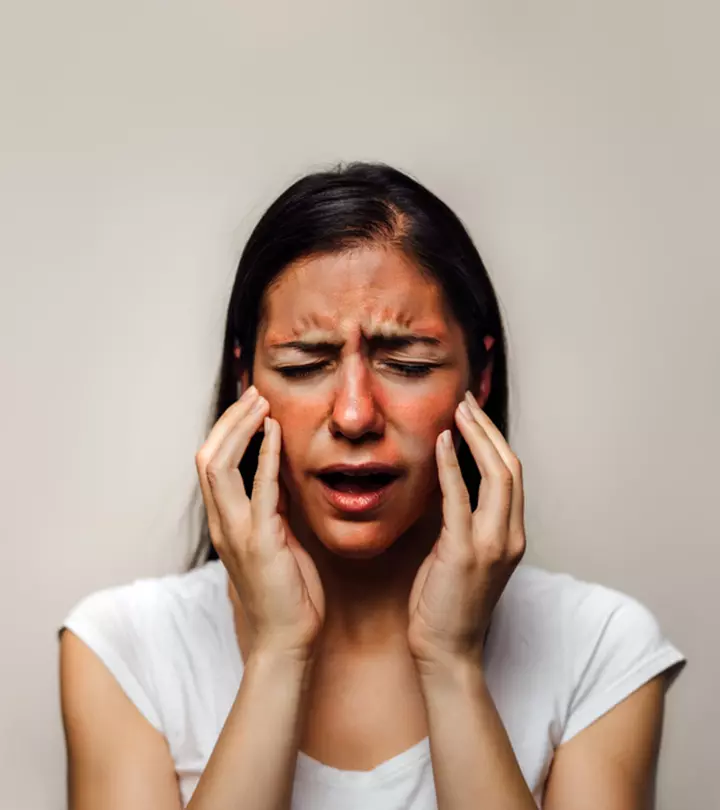
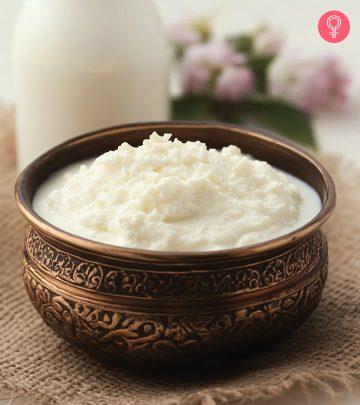
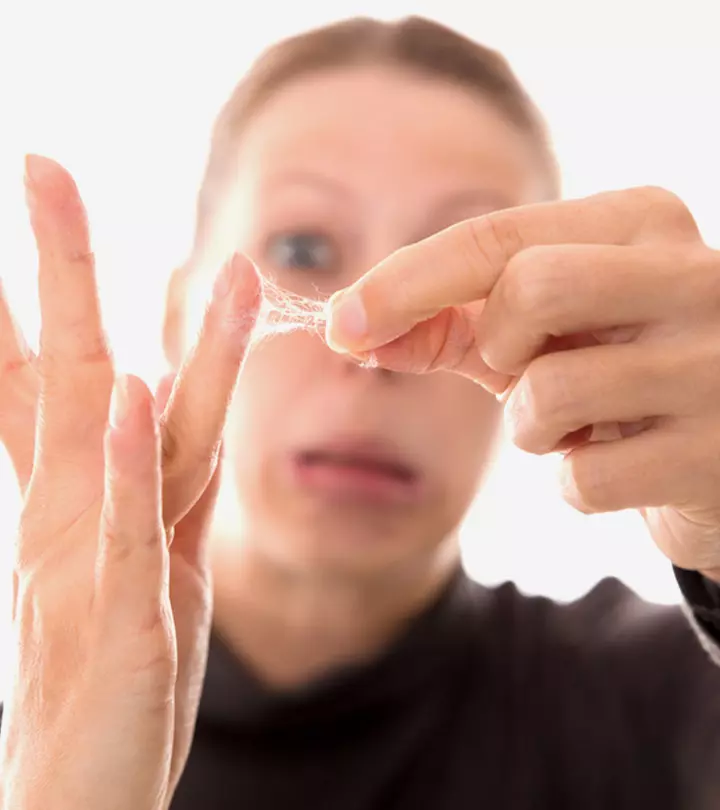
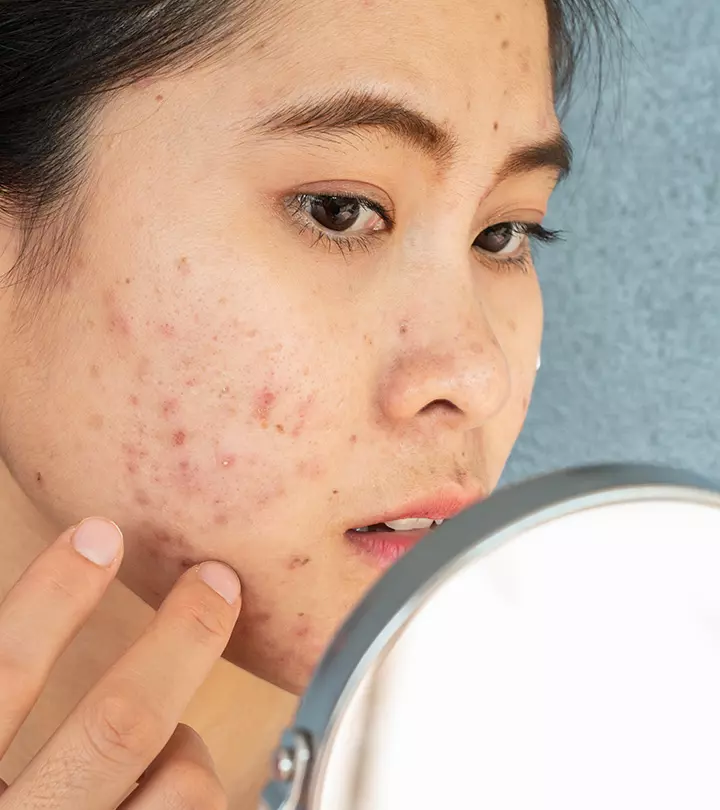
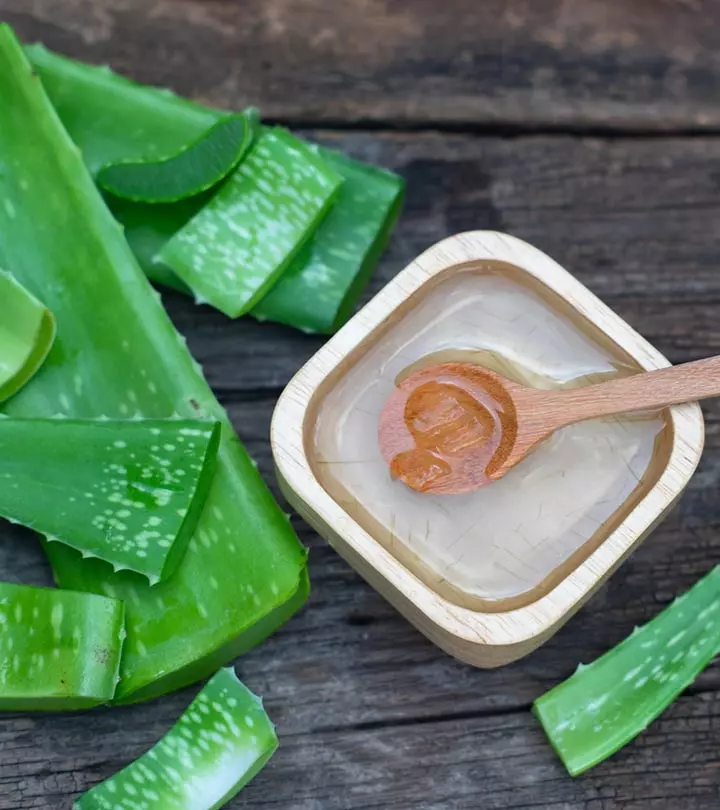
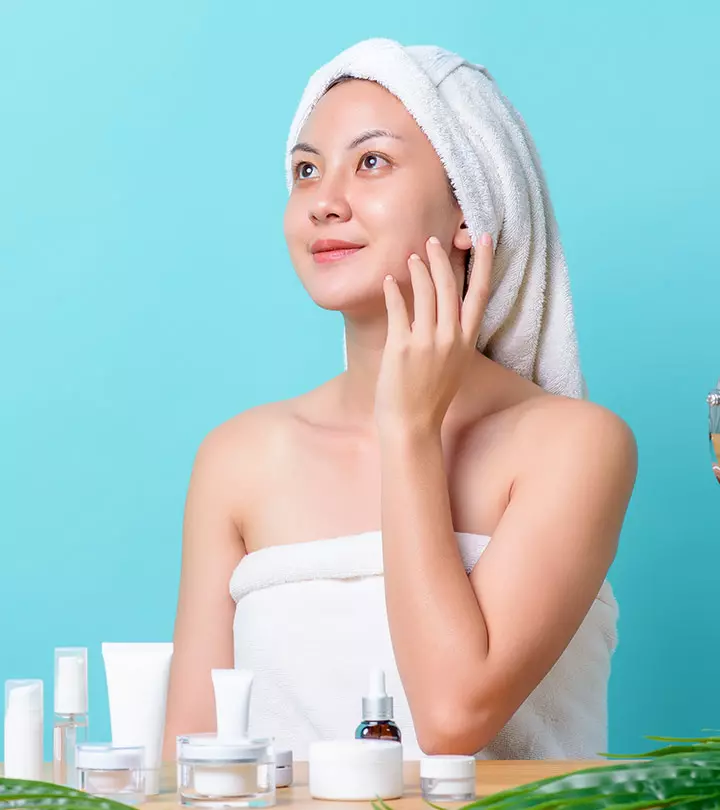

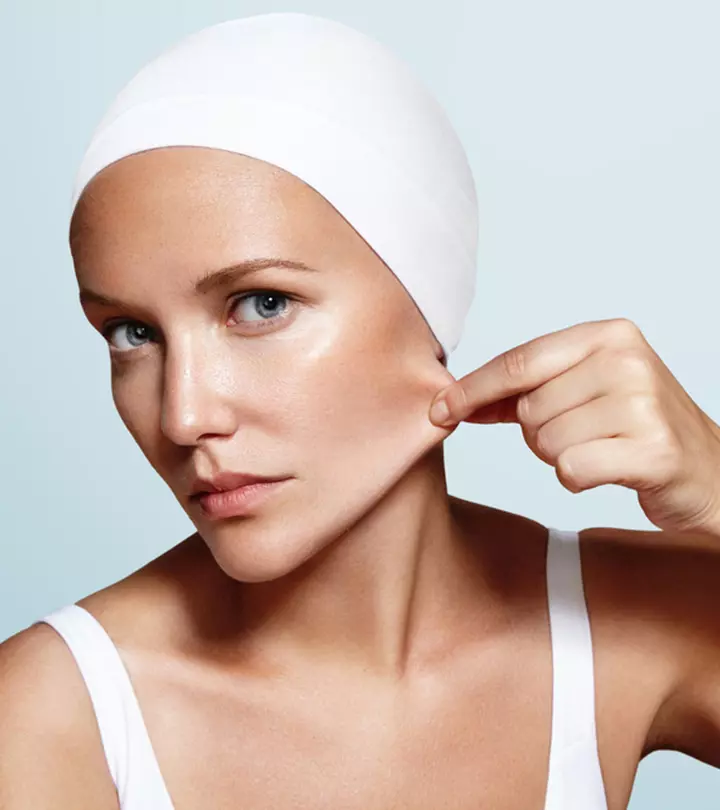
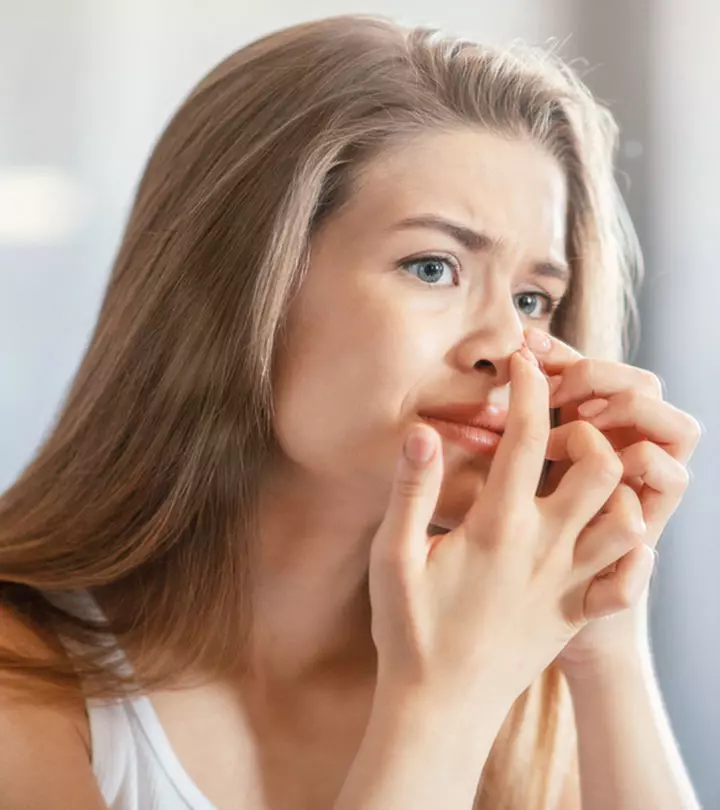
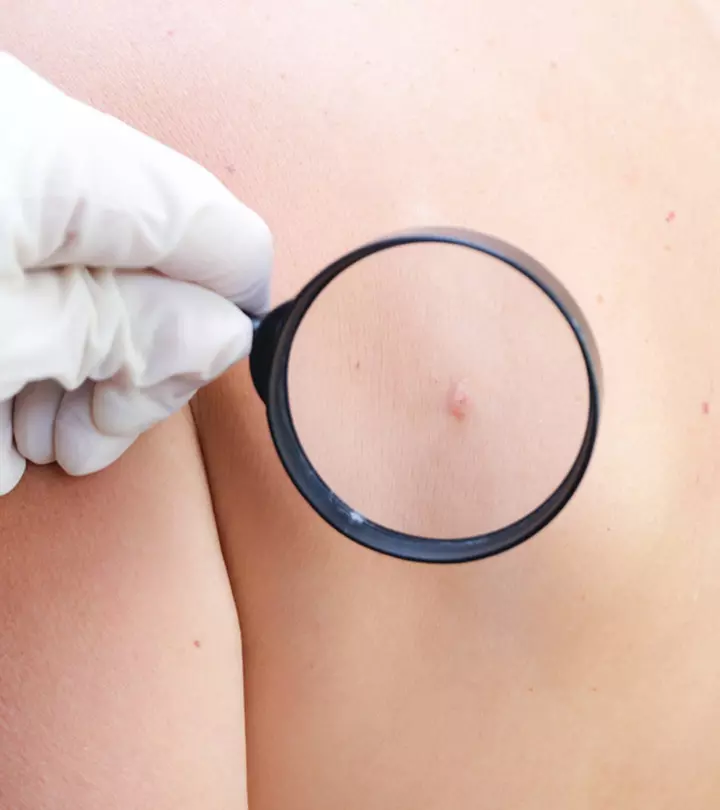
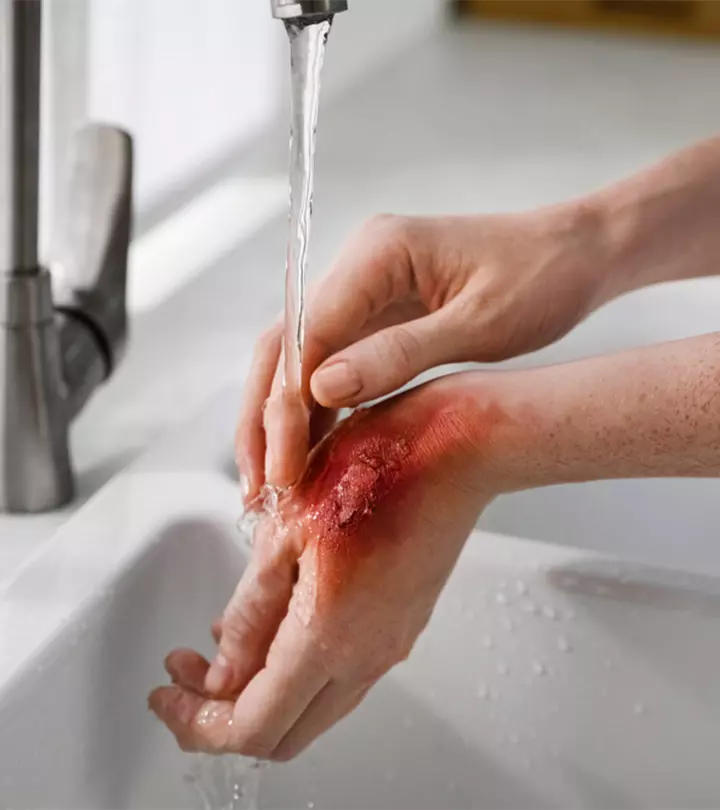
Community Experiences
Join the conversation and become a part of our empowering community! Share your stories, experiences, and insights to connect with other beauty, lifestyle, and health enthusiasts.